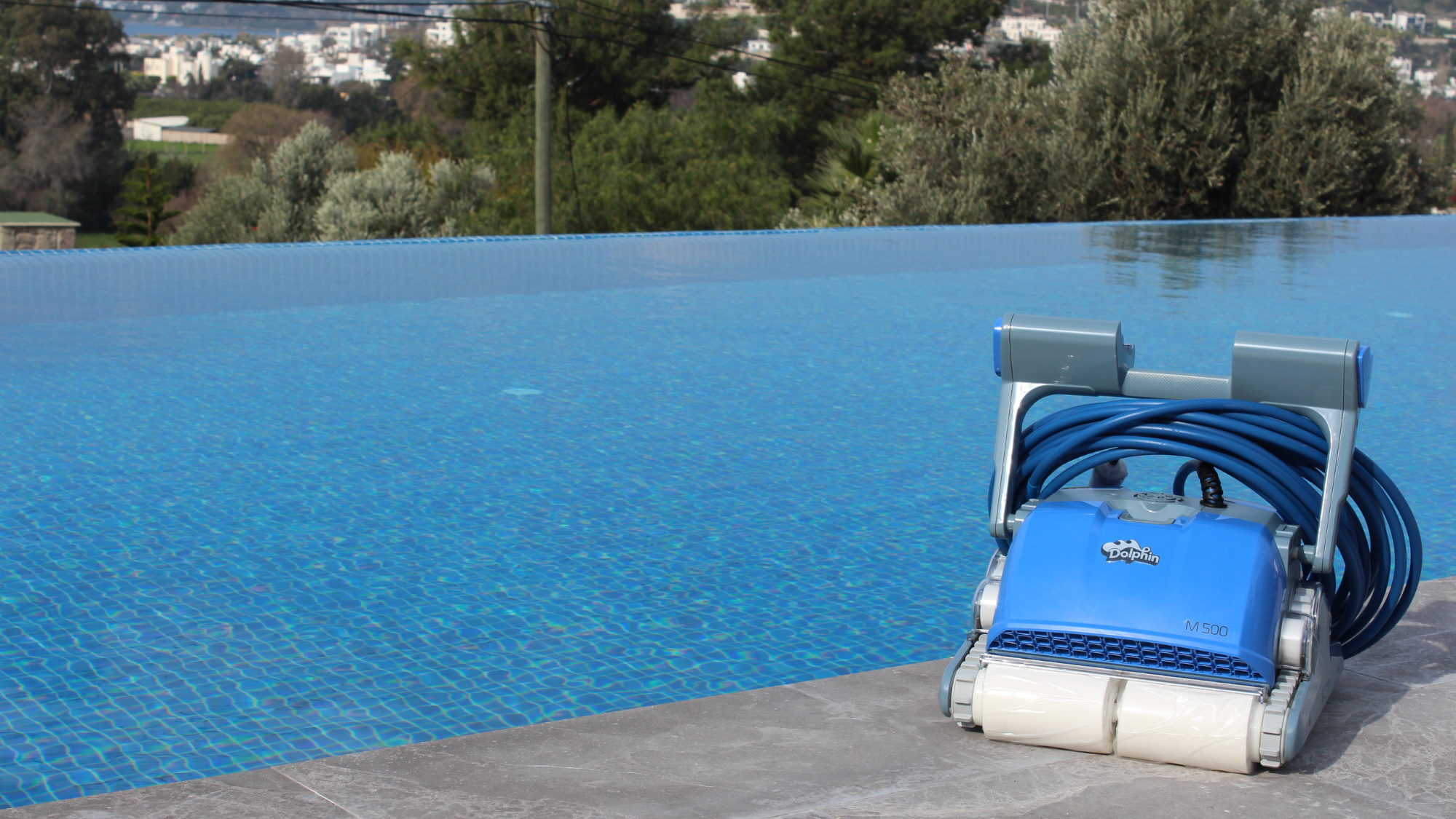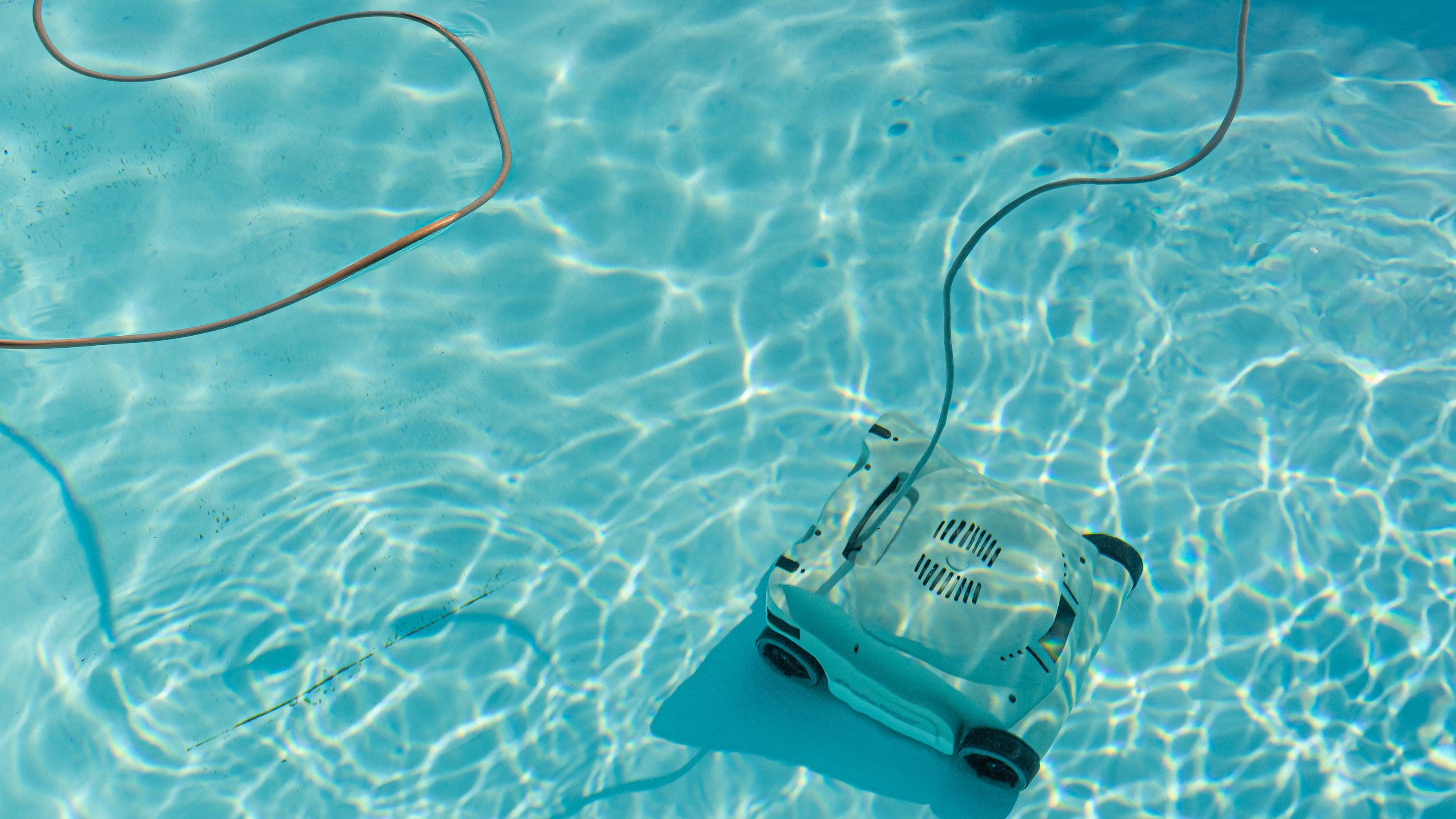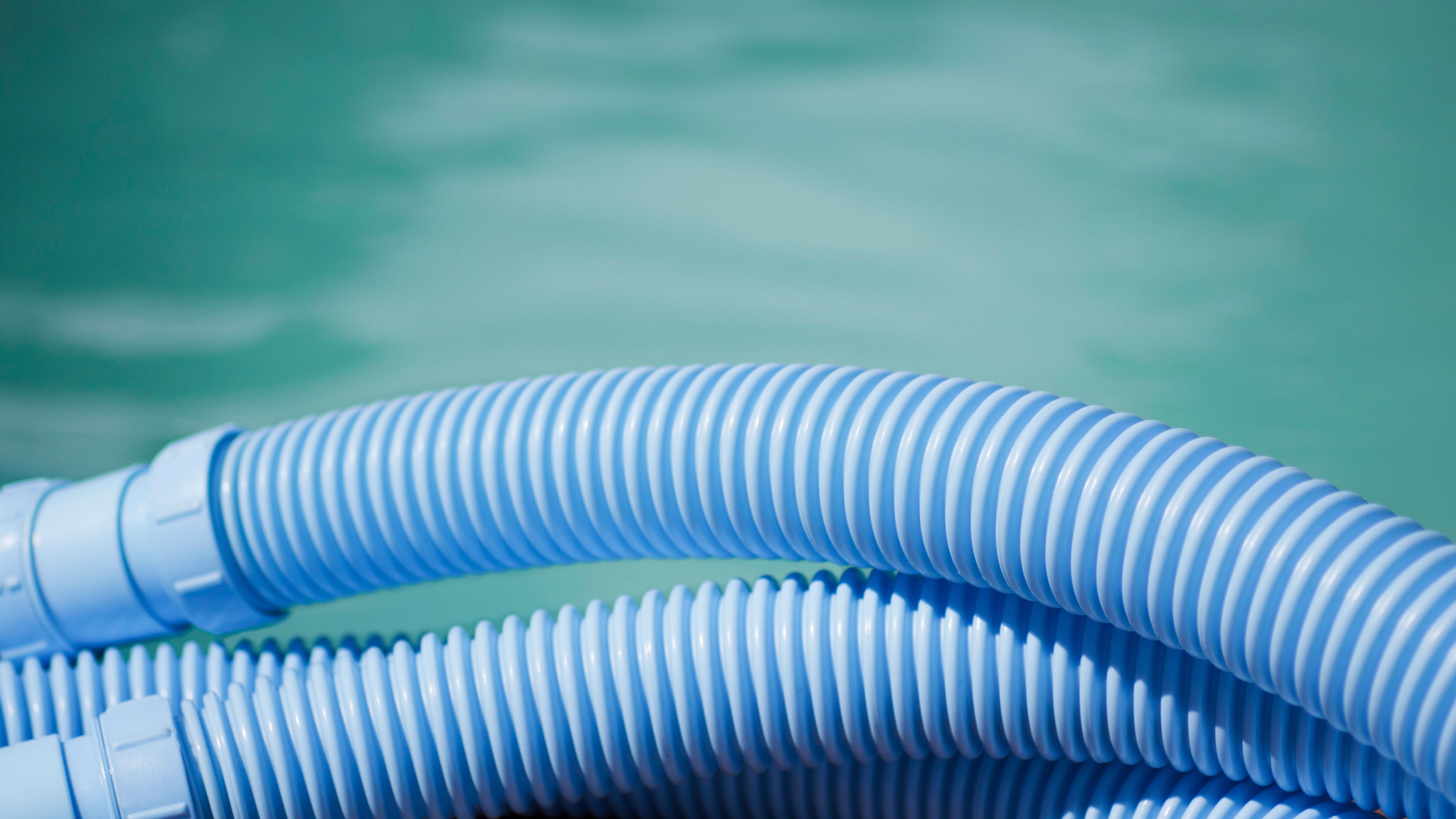What is a pool vacuum?
Before you start splurging, learn what you’re using to clean that pool

Sign up to receive the latest news, reviews, buying guides and deals direct to your inbox
You are now subscribed
Your newsletter sign-up was successful
If you're lucky enough to have a pool, you'll be all too familiar with the process of cleaning it every year. Not only do you need to skim the top for any gunk (and, unfortunately, dead insects), but you’ll need to clean out the filter and pump basket among a few other steps to get it ready for cannonballs and contests to see who can hold their breath the longest.
Among all those steps is vacuuming the pool, which requires the aptly named pool vacuum. Of course, the best pool vacuums come in many different forms and can set you back anywhere from a couple hundred dollars to over a thousand. Regardless of what you spend, they’re a necessary part of keeping that pool hygienic for you and your family.
With that in mind, we spoke to pool expert Rafi Friedman to explore exactly what these contraptions do, the various types that are available, and what we think are some of the best models currently out there.

There are more than a few good reasons to vacuum your pool
A pool vacuum is essential, as the floor and walls of your pool need to be cleaned as much as the surface. And, there’s really no other way than with a pool vacuum. These devices, whether manual tethered versions or cordless robot ones, not only remove debris that would be hard to reach with a skimmer, but remove grime and dirt build-up from the physical surfaces of the pool.
Rafi Friedman of Coastal Luxury Outdoors says that “the primary reason for using a pool vacuum is to ensure the health and safety of the swimmers. Pools can accumulate various kinds of debris, such as leaves, dirt, and even small insects, which can create an unhealthy swimming environment. Moreover, algae and bacteria can grow in pools if they are not cleaned regularly. A pool vacuum helps in removing these contaminants, reducing the risk of infections and illnesses.”

Rafi Friedman is the CEO of Coastal Luxury Outdoors, a pool building, construction and cleaning company in Florida servicing over 1,000 clients and building over 100 pools annually.”
So, if you forgo a pool vacuum and think a skimmer is enough along with your filter, pump, and some chlorine, you open yourself and your family up to all sorts of health risks. Just like regularly cleaning the walls of your shower or bathtub to remove soap scum, cleaning the physical floor, walls, and steps of your pool is a necessary part of pool maintenance.
Friedman also states that “regular vacuuming helps maintain the aesthetic appeal of the pool, making it more inviting for users” and that cleaning “can extend the life of the pool. Debris and algae can damage the pool lining and clog filters, leading to costly repairs. By keeping the pool clean, you reduce wear and tear on these components.”
Sign up to receive the latest news, reviews, buying guides and deals direct to your inbox
What you need to know about different pool vacuums
When comparing pool vacuums, it can be tough distinguishing the right one for you. There are a couple different types to start: manual and automatic. Turning again to Friedman, manual models are “more labor-intensive but give you control over the cleaning process” and “are ideal for smaller pools or spot cleaning,” while automatic ones “do the work for you. They come in various types, such as suction-side, pressure-side, and robotic vacuums, each with its own advantages.”

In fact, some of the robot pool vacuums come with smart features that let you take care of your pool without having to get off the couch. If you have a larger pool, you may want to go with an automatic one as you’ll spend less of your time doing the cleaning. But, you’ll have to spend more for one.
Consider energy efficiency and suction power when comparing models as that will affect your electricity bill as well as performance quality. And, also note that some pool vacuums, but not all, are cordless. Of course, all the cordless ones, as far as I can tell at least, are robot vacuums.
What are some of the best pool vacuums?
One of our current favorites is the Polaris 9650iQ Sport Robotic In Ground Pool Cleaner (review), which is as feature-filled as its name is long. It has four-wheel drive so you don’t to worry about it getting stuck, it can clean walls (not all automatic models can make the climb), and it’s app supported so you can use your phone to control it. Of course, it comes with a price tag of $1,500 though it’s currently discounted on Amazon.
On the cheaper side, the Zodiac G3 pool vacuum cleaner (review) only goes for $349 on Amazon. It’s easy to use and is light, not to mention low-maintenance. Being a manual model, it’s more suited for smaller pools and isn’t great for above ground ones.
Of course, there are plenty of exciting models constantly coming out and you’ll probably see more than a few hit the shelves soon that were just introduced at this year’s CES. For instance, the Beatbot Aquasense Pro, billed as the world's first all-in-one pool robot, is one such model. While it goes for a hefty $2,199, it can clean floors, walls, waterline, water surface, and water clarification, essentially reducing the amount of work and tools you’ll need to clean your pool.
James Holland has spent three years testing and reviewing various tech products, from computers to smart home devices, for Top Ten Reviews. His work has been featured in TechRadar, T3.com, and Android Police. In his free time, he enjoys making music and experimenting with fusion-style cuisine.
